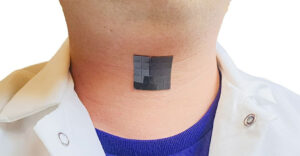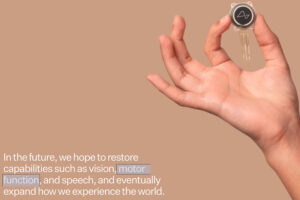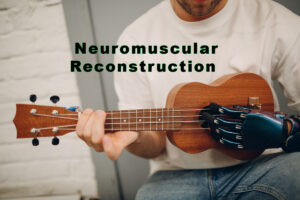The first time I met my partner’s mother, I was struck by their resemblance. It was like looking at a mini version of her but only with white curly hair. I couldn’t help noticing all the ways they are alike. Both, for example, stand with good posture, walk with a similar gate, have elegant and correct speech, and can exude a sense of authority just by walking in a room.
They are avid readers, keep abreast of world events, have strong but fair opinions, and believe in helping those less fortunate. Of course, they also have their differences, but, if my partner was an apple, it would be safe to say she did not fall far from the tree.
For people like myself who lost their parental mirror early on, I’m always fascinated by generational observations. It must be challenging for people who were adopted as babies or children to grapple with this issue.
We like to know about our heritage for a host of reasons, but this is especially true when it comes to genetics. Genes can tell us a lot about health conditions which we may be predisposed to developing. That is why medical institutions and physicians ask about family history during their initial intake procedures.
Knowing your family’s health background is important as a base, but it does not guarantee you will encounter similar illnesses, or die around the same age as your parents. Your thumbprint is uniquely your own.
Factors that contribute to our overall health status are many; the hard part is knowing where to put your attention in order to maximize your chances of achieving good results. Is it by drinking smoothies, doing more exercise, avoiding certain foods, or taking up yoga?
Google can provide an endless stream of health improvement suggestions but only you can narrow the search and take action. You may not be able to change your genetics but there are lots of possible ways to improve your health. It starts with looking in the mirror.
Think like Nike – just do it!











